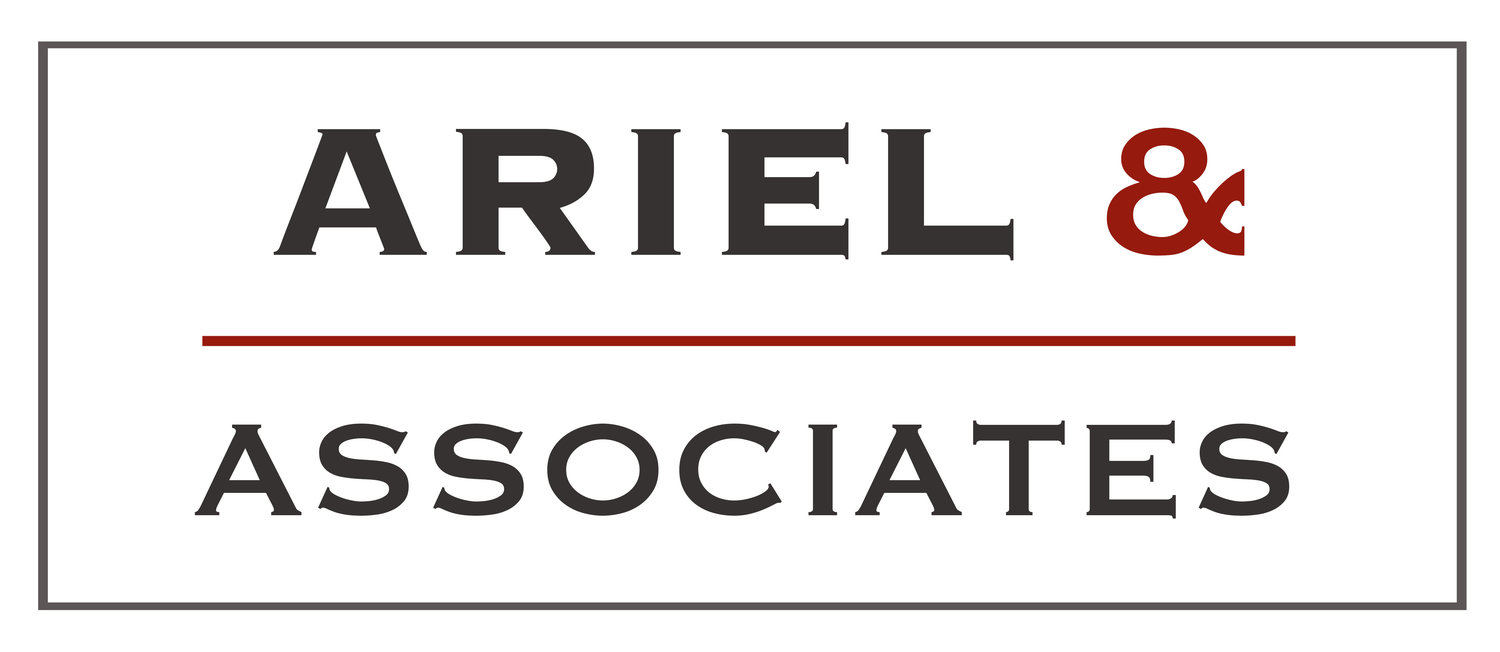There’s been a lot of talk about this next topic, maybe many too much talk. This topic is not a rebel topic. This topic is Digital Currency Exchange Providers (drum roll, please).
The scope of legislation covering certain issues, such as money laundering and terrorism financing, is constantly evolving. A precursor to the Anti-Money Laundering and Counter-Terrorism Financing Act 2006 (Cth) (“the AML/CTF Act”) was the Financial Transaction Reports Act 1988 (Cth) (“the FTR Act”). The FTR Act principally imposed obligations on cash dealers with a reporting requirement of $10,000 or more in any cash transaction. (Although the FTR Act still operates, obligations under this legislation do not apply to a transaction to which the AML/CTF Act applies).
The scope of services captured by the the AML/CTF Act greatly expanded to ensure compliance with the Financial Action Task Force (“FATF”) recommendations, as did the obligations required under the legislation. Under the AML/CTF Act, there is a specific requirement to report Threshold Transactions - these are transactions relating the the transfer of physical currency or e-currency of at least $10,000. Regulators need this information in order to follow the money trail.
But now with the ever increasing popularity of cryptocurrencies - such as Bitcoins, Ethereum and Litecoin, it is essential that these new means of payment are regulated due to the ease of their transfer and exchange. There is no point heavily regulating the transfer of cash and remittance transfers to detect any suspicious or unlawful means, if criminals, or those involved in the financing of terrorist activities, are choosing other means to operate.
A December 2016 Consultation Paper issued by the Attorney-General’s Department’s highlighted the benefits and risks associated with digital currencies. In particular, it was noted that key risks include:
- Greater anonymity compared to traditional payment means.
- Transactions are generally made outside the regulated financial systems on a peer-to-peer basis.
- Different components of a digital currency system may be located in many countries and subject to varying degrees of AML/CTF oversight.
It is this reason why Digital Currency Exchange (“DCE”) providers will be subject to the requirements of the AML/CTF Act from 3 April 2018. DCE providers exchange digital currency with money or vice versa. AUSTRAC has stated that the money that is exchanged can be received or sent by electronic means, held in an account, held on deposit or be cash, and can be Australian or foreign currency. It does not include changing one type of digital currency for another.
This means that DCE providers will need to:
- Enroll and register with AUSTRAC.
- Maintain an AML/CTF Program.
- Collect and verify customer information and subject customers to KYC principles (including ongoing and enhanced customer due diligence).
- Assess various risk considerations associated with the customer and the applicable transactions.
- Submit appropriate reports with AUSTRAC (including suspicious matters and cash amounts of at least $10,000).
On a slightly separate issue, it is also important for DCE providers to assess whether they are subject to the licensing provisions of the Corporations Act 2001 (Cth) if they are operating a financial services business by virtue of advising and / or dealing in a non-cash payment product. That being the case, they will need to to obtain an Australian Financial Services Licence from ASIC, or be appointed as an Authorised Representative of a current licensee.
PS Thanks, Bono.
Should you have any queries about AUSTRAC or other issues involving compliance, AML/CTF, ASIC licensing or corporate governance, please contact Jeremy Danon, director of Ariel & Associates Pty Ltd on (02) 8223 3355 or at jeremy@ariel.associates.
